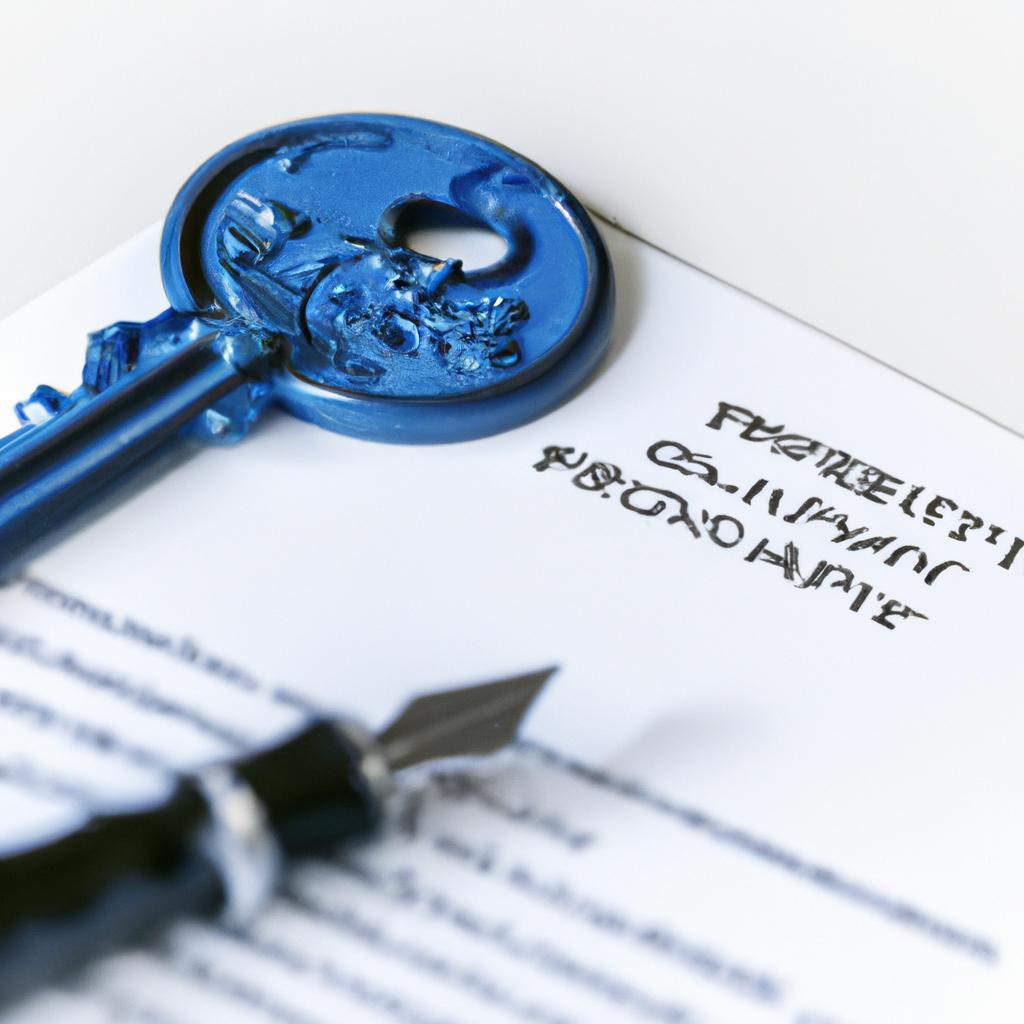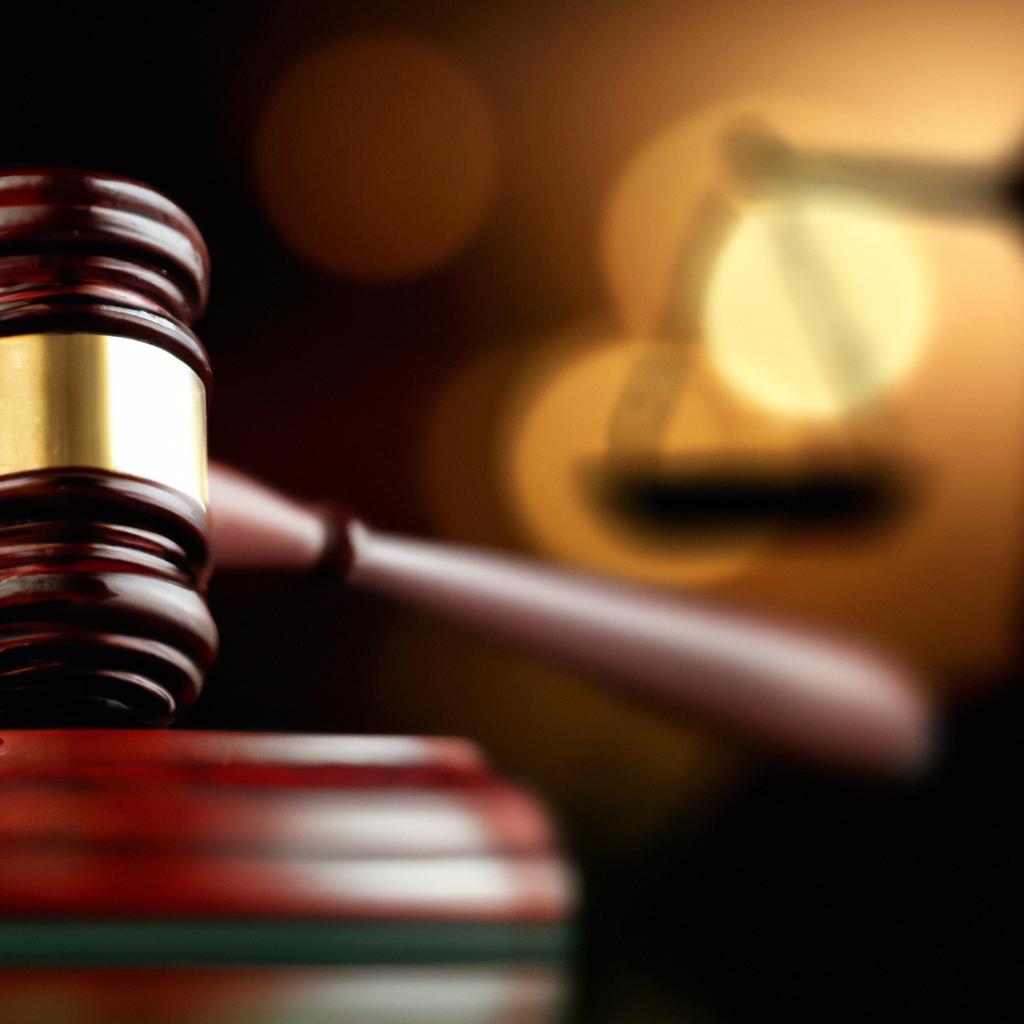As a homeowner, understanding the intricacies of property ownership is crucial for ensuring your asset is protected and secure. One fundamental aspect of homeownership is the deed to your house, which serves as proof of ownership. Many individuals may find themselves wondering, “Where do I get the deed to my house?” In this article, we will explore the process of obtaining a deed to your property and provide guidance on navigating the complexities of property ownership. As experienced attorneys at Morgan Legal Group in New York City, we specialize in estate planning, probate, elder law, Wills, and trusts, and are here to provide expert advice on all matters related to property ownership.
Locating the Deed to Your Property
When it comes to , the process may seem daunting at first. However, with the right guidance and knowledge, you can easily access this important document. One of the first places to start is by checking with the county clerk’s office where your property is located. They will typically have a record of all property deeds and can provide you with a copy for a small fee.
Another option is to look through your closing documents from when you purchased the property. The deed should be included in this paperwork, along with other important documents related to the sale. If you are still unable to locate the deed, you may need to hire a title company to conduct a title search on your behalf. This will help ensure that you have the most up-to-date and accurate information regarding the ownership of your property.

Understanding the Importance of the Deed
When it comes to real estate ownership, the deed to your house is a crucial document that serves as official proof of ownership. Without a deed, you may encounter legal issues and challenges when it comes to selling, transferring, or inheriting your property. is essential for protecting your property rights and ensuring smooth transactions in the future.
Obtaining the deed to your house is a straightforward process that typically involves contacting the county recorder’s office where your property is located. You can request a copy of your deed either in person or online, and it’s important to keep this document in a safe place for easy access when needed. Your deed contains important information such as the legal description of your property, the names of the current property owners, and any restrictions or encumbrances that may affect your property rights. By obtaining and safeguarding your deed, you can protect your investment and secure your property for future generations.

Steps to Obtain a Copy of Your Property Deed
Search Online: The first step to obtaining a copy of your property deed is to search for it online. Many counties nowadays have online databases where you can search for property records and deeds. You can usually access these databases through the county clerk’s website. Simply input your name or address to locate your property deed.
Contact the County Clerk: If you are unable to find your property deed online, the next step is to contact the county clerk’s office in the county where your property is located. You can request a copy of your property deed by submitting a formal request and paying a small fee. The county clerk will then provide you with a certified copy of your property deed for your records.

Consulting with an Estate Planning Attorney for Assistance
If you are in need of assistance with obtaining the deed to your house, consulting with an estate planning attorney is the best course of action. An experienced attorney can guide you through the process and help ensure that all necessary legal documents are in order. Here are some key reasons why seeking legal assistance is crucial:
- Expertise: Estate planning attorneys have the knowledge and expertise to navigate the complexities of property ownership and transfer.
- Legal Requirements: An attorney can ensure that all legal requirements are met when transferring property, helping to avoid any potential issues in the future.
- Peace of Mind: By enlisting the help of a professional, you can have peace of mind knowing that your property and assets are properly protected and transferred according to your wishes.
When it comes to matters as important as property ownership, it is always best to seek guidance from a legal professional. Contact our team at Morgan Legal Group in New York City for expert assistance with estate planning, probate, elder law, Wills, and trusts.
Q&A
Q: Where can I obtain the deed to my house?
A: You can typically obtain a copy of the deed to your house from the county clerk’s office or the office of the register of deeds in the county where the property is located.
Q: What information will I need to provide in order to obtain a copy of my deed?
A: You will likely need to provide the legal description of the property, as well as your name and possibly the previous owner’s name.
Q: Is there a fee associated with obtaining a copy of my house deed?
A: There may be a small fee for obtaining a copy of your house deed, which can vary depending on the county and state in which the property is located.
Q: Can I request a copy of my house deed online?
A: Some counties may offer the option to request a copy of your house deed online, while others may require you to visit the office in person.
Q: Why is it important to have a copy of my house deed?
A: Having a copy of your house deed is important for proving ownership of the property, as well as for verifying the legal description and boundary lines of the property. It may also be required for certain legal or financial transactions related to the property.
Concluding Remarks
In conclusion, obtaining the deed to your house is a crucial step in establishing ownership and protecting your property rights. Whether you’re a first-time homeowner or a seasoned property owner, it’s important to have a clear understanding of where to find your deed and how to access it. By following the appropriate steps and seeking guidance from local authorities or professionals, you can secure your deed and ensure that your property remains legally yours. So, don’t hesitate to take action and claim your piece of the real estate puzzle – your deed awaits!


